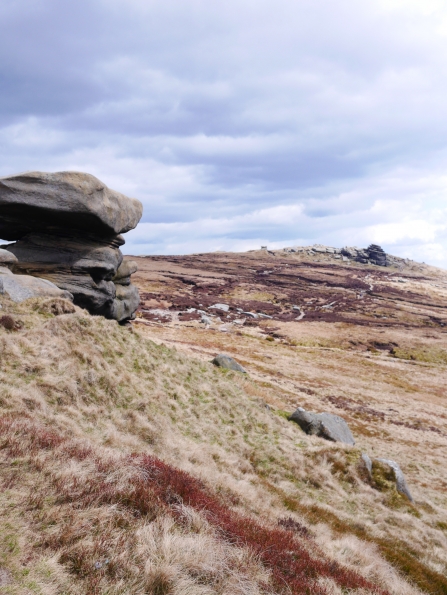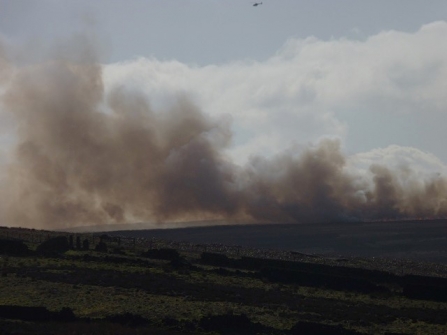Normally carried out on land used for grouse shooting, ‘rotational burning’ currently allows land managers to set fires on areas of moorland - including already scarce peat bogs - by encouraging new heather growth to provide favourable conditions for red grouse.
Upland peat bogs (especially blanket bog) aren’t just incredibly good for wildlife; they provide an astonishing number of benefits to the public by reducing flood risk downstream, purifying drinking water, locking up carbon and slowing the spread of wildfires. Unfortunately, most of our blanket bogs are already in a poor state, having been damaged by many industrial activities over the last century, including burning.


